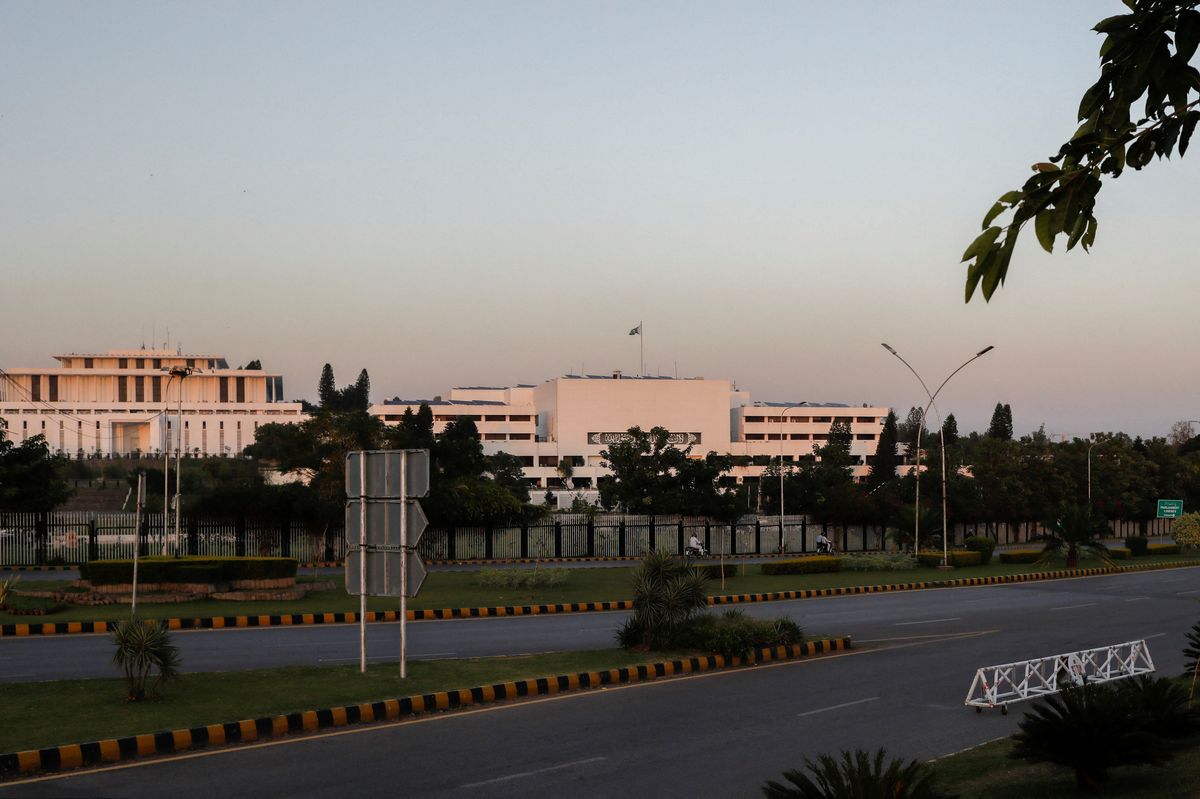Pakistan launches deportation of millions of asylum seekers
There are roughly 1.7 million Afghan nationals living in Pakistan without proper papers, according to the Pakistani government.

A few minutes every morning is all you need.
Stay up to date on the world's Headlines and Human Stories. It's fun, it's factual, it's fluff-free.
The backstory: Pakistan is known for hosting a huge refugee population, with many of them coming in from Afghanistan following the 1979 Soviet invasion of Kabul. Another refugee wave came when the US pulled out of Afghanistan in 2021 and the Taliban took over. The Taliban has been taking steps to limit human rights, especially for women in the country. In response, about 600,000 Afghan people have fled into neighboring Pakistan, with around 400,000 of them living in the country illegally. There are roughly 1.7 million Afghan nationals living in Pakistan without proper papers, according to the Pakistani government. In total, 4.4 million Afghan nationals live in Pakistan.
More recently: Since last year, violence in Pakistan has risen for a few possible reasons, starting with local Taliban militants with Tehreek-e-Taliban Pakistan (TTP) suspending a standing ceasefire with the Pakistani government late last year. This year, tensions between Pakistan and the Afghan migrants living there have escalated, with there being more attacks in the border area between Afghanistan and Pakistan. The Pakistani government has been pointing fingers at asylum seekers for this surge of violence. And then, last month, there was a series of border clashes between the two countries, souring relations between them even more.
The development: Last week, reports started swirling that Pakistan’s caretaker cabinet approved a plan to start sending away Afghan asylum seekers. On Tuesday, Pakistan’s government announced a new plan to address illegal immigration. It’s telling asylum-seeking residents and other undocumented people to get out of the country. Those who don’t leave by November 1 will be kicked out by authorities. A force is also being set up to find and take the businesses and assets of undocumented people. Different processes are being put in place to deal with fake ID cards and confirm migration status with DNA testing when necessary. The government says it’s not aimed specifically at Afghans but all illegal immigrants in the country.
During the news conference announcing this deadline, Sarfaz Bugti said that they’d found that 14 out of 24 suicide bombings in Pakistan this year had been carried out by Afghan nationals. Meanwhile, the Taliban is calling on Pakistan to rethink this plan, saying the country should “tolerate” the refugees until they leave on their own.
Key comments:
"There are no two opinions that we are attacked from within Afghanistan and Afghan nationals are involved in attacks on us," said Pakistani Interior Minister Sarfraz Bugti. "We have evidence."
“Many Afghans living in fear of persecution by the Taliban have fled to Pakistan, where they have been subjected to waves of arbitrary detentions, arrests, and the threat of deportation,” Amnesty International said in a statement Monday. “It is deeply concerning that the situation of Afghan refugees in Pakistan is not receiving due international attention.”




Comments ()